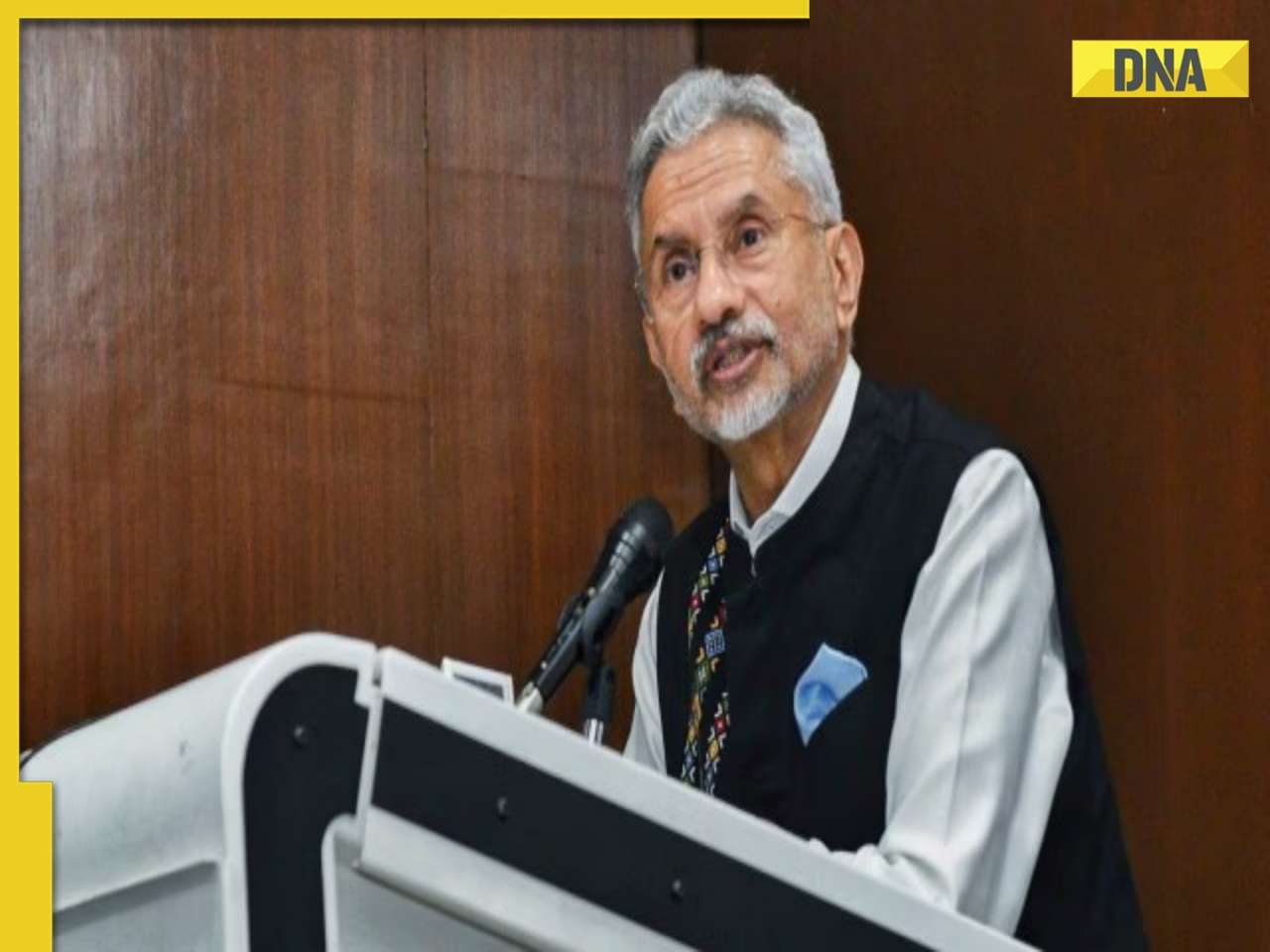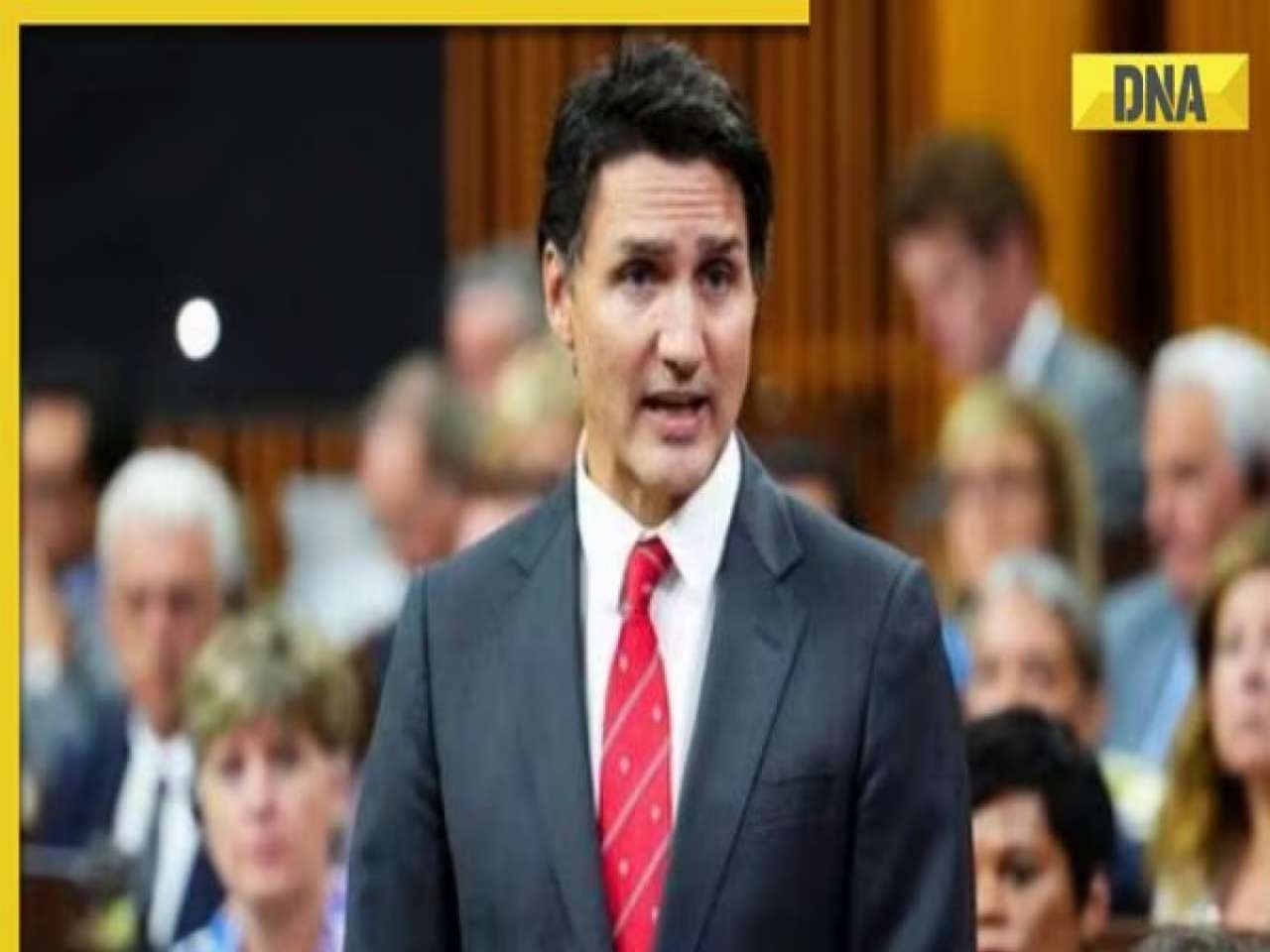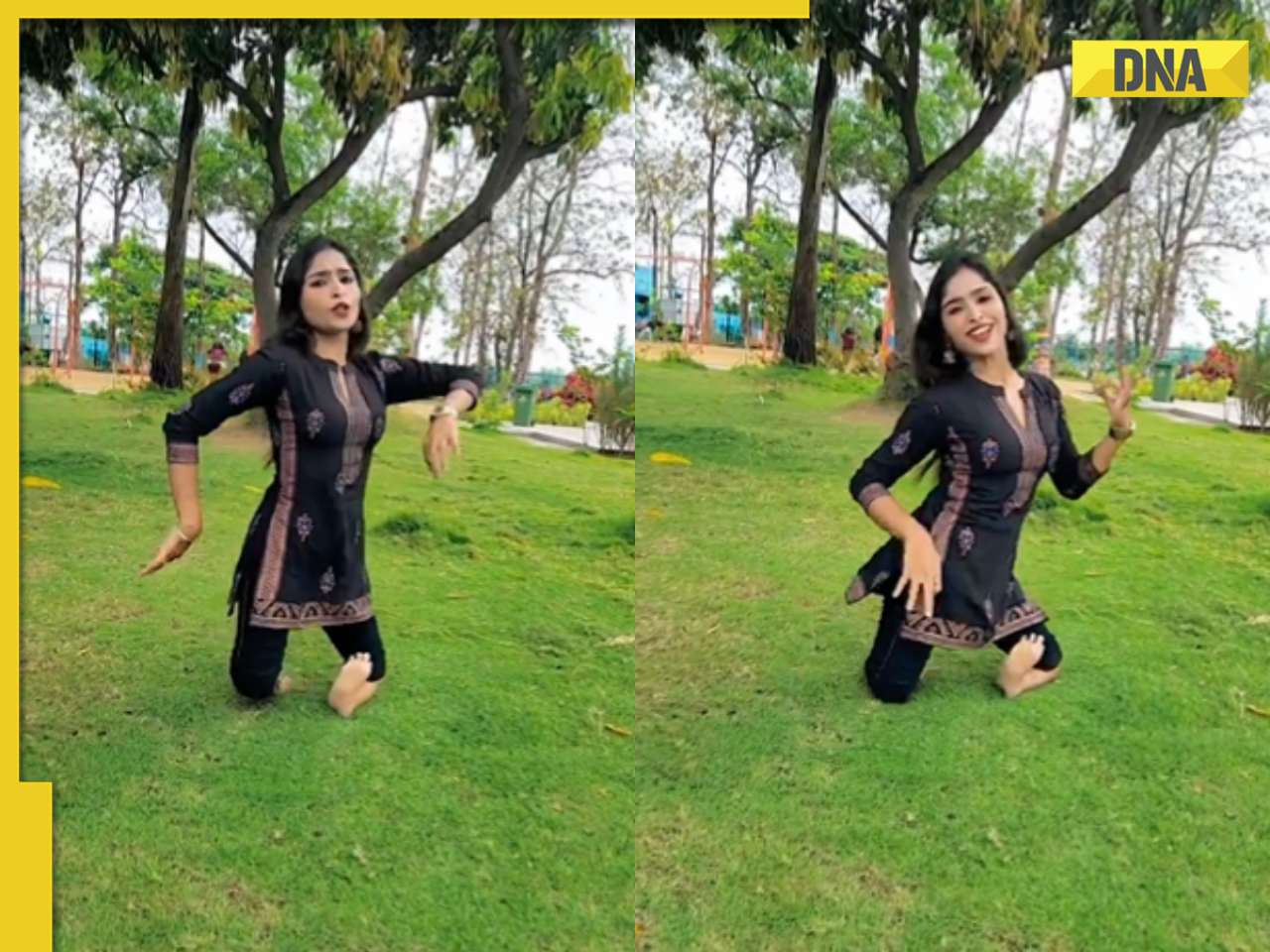India may not have made it to the Mr Gay World pageant but two Indians went ahead in their bid for change. Yogesh Pawar speaks to participants Sushant Divgikar and Nolan Lewis
I won four sub-awards and not the main title at the Mr Gay World (MGW) 2014 but for me it is akin. I see in my participation another step by India in its battle against sexual orientation based exclusion," actor, VJ, and choreographer Sushant Divgikar says proudly.
This industrial psychology post-grad and sixth entrant to MGW feels the honour would have been greater if India officially backed him. "When you see small dot-on-the-map, countries supporting contestants it feels bad.
"Even if the our government and courts take time deciding on equality-based integration, there's huge support for this among people. Why else do you think I had a million plus lead in the MGW People's Choice Award?"
His predecessor, the fifth Indian and the first to make it to the top 10 in the contest at the 2013 MGW, model and tarot card reader Nolan Lewis, looks on proudly.
Lewis recounts how he sent his nomination just for fun. "In Johannesburg for a photo shoot, we were watching MGW on TV. Just for fun we forwarded my snaps for registrations. When I was called I was thrilled to bits," he remembers despite the pageant's chequered history with Indian contestants.
In 2008, Lewis' co-star in Viva's Pyaar Ka Mausam video, Zoltan Parag Bhandarkar, went to Los Angeles to participate in MGW. Alleged threats left him "too scared to come back to India" and he sought asylum in the US and currently lives in New York.
There are some who wonder whether the threats were real or a ploy to get out of the country. Attempts to reach Bhandarkar drew a blank. He was followed by Bhavin Shivji Gala, who enrolled as India's representative in 2010 but simply did not turn up. That was followed by Raul Patil in 2011, who contested but did not attend the finals.
Both Divgikar and Lewis shrug their shoulders at the fickle lineup before them. "People like Parag and the others who followed were outed by the media," points out Lewis, who created history when he became the first to be openly gay and represent India. "This is what I find great about Sushant too. Like me, he too is okay speaking publicly about what he's doing… It feels great when people in the LGBT community come up and say we have done something historical. I feel this is about making a change."
Divgikar simply guffaws. "I like to keep it simple and tell it like it is. That way life's less complicated. Cover-ups only complicate."
He, however, quickly underlines the advocacy role that pageant participants from India should take up. "People who claim to represent India need to remember that the onus is on them to speak up for the community and the discrimination it faces. It's not only about posing and preening for cameras. Using the MGW international platform to speak up for the community is equally, if not more, important."
But then Divgikar has had what many in the community would call a "privileged" upbringing. "My parents were aware of my orientation and it was a non-issue," he agrees. "Having designer Wendell Rodricks as family friend helped. Nobody ever tried to force me to act, dress or carry myself in a way I wouldn't like."
Nolan, however, candidly admits that outside their cosy pockets, things remain grim for marginalised sexualities, even among the urban middle class. He remembers taking his family into confidence. "It took a long time for my dad to come to terms with my MGW participation. And I can see where his struggle came from. When you're socialised into thinking in a certain way, it can be tough to accept anything beyond," he says. While things are okay now, he admits that there will still be hiccups. "This is a process and can take years."
But hasn't participation in the pageant also brought dividends in its wake? Divgikar, for instance, is among the frontrunners being bandied as entrants to the Big Boss' house (the popular reality show). He's unwilling to confirm. "I'll cross that bridge when I come to it."
He admits opportunities have become frequent since his return. "If that weren't the case, why'd you be interviewing me?"
Lewis never saw MGW as a springboard for employment opportunities or goodies. "In fact, I wanted to take on the homophobia when I came back." He cites the instance of his fellow participant, Mr Gay Pakistan Amir Rafique. "The risk's greater in Pakistan, where under Shariat law, homosexuality is punishable by death and the social backlash could be severe. Yet he resolutely participated and kept saying, 'We all have to die some day.' When I think of him, it strengthens my resolve against discrimination."
Both of them hope that as more participants from India take to gay pageants, their journey will help champion the LGBT cause. Already, Lewis has been sounded off to be the MGW pageant director for India. "I've been asked to explore setting up an official Mr Gay India competition and arrange funds for candidates for pageants. It'll help since future contestants won't have to struggle like me or Sushant," he explains.
Given the political and social ramifications of such a pageant, will it be possible? Both of them sing with gusto in reply: "Hum honge kamyab..."
![submenu-img]() 'They unilaterally took some measures': EAM Jaishankar on new Nepal 100 rupee currency
'They unilaterally took some measures': EAM Jaishankar on new Nepal 100 rupee currency![submenu-img]() Meet Ice Cream Lady of India, who built Rs 6000 crore company, started with small investment of Rs…
Meet Ice Cream Lady of India, who built Rs 6000 crore company, started with small investment of Rs…![submenu-img]() ‘Canada a rule-of-law country’: PM Trudeau after 3 Indian arrested over Hardeep Nijjar's murder
‘Canada a rule-of-law country’: PM Trudeau after 3 Indian arrested over Hardeep Nijjar's murder![submenu-img]() Viral video: Specially-abled girl’s energetic dance to Bollywood song wows internet, watch
Viral video: Specially-abled girl’s energetic dance to Bollywood song wows internet, watch![submenu-img]() 'Baap re baap': Imtiaz Ali reveals Diljit Dosanjh was scandalised by old women's 'vulgar' improvisation on Chamkila set
'Baap re baap': Imtiaz Ali reveals Diljit Dosanjh was scandalised by old women's 'vulgar' improvisation on Chamkila set![submenu-img]() DNA Verified: Is CAA an anti-Muslim law? Centre terms news report as 'misleading'
DNA Verified: Is CAA an anti-Muslim law? Centre terms news report as 'misleading'![submenu-img]() DNA Verified: Lok Sabha Elections 2024 to be held on April 19? Know truth behind viral message
DNA Verified: Lok Sabha Elections 2024 to be held on April 19? Know truth behind viral message![submenu-img]() DNA Verified: Modi govt giving students free laptops under 'One Student One Laptop' scheme? Know truth here
DNA Verified: Modi govt giving students free laptops under 'One Student One Laptop' scheme? Know truth here![submenu-img]() DNA Verified: Shah Rukh Khan denies reports of his role in release of India's naval officers from Qatar
DNA Verified: Shah Rukh Khan denies reports of his role in release of India's naval officers from Qatar![submenu-img]() DNA Verified: Is govt providing Rs 1.6 lakh benefit to girls under PM Ladli Laxmi Yojana? Know truth
DNA Verified: Is govt providing Rs 1.6 lakh benefit to girls under PM Ladli Laxmi Yojana? Know truth![submenu-img]() Streaming This Week: Heeramandi, Shaitaan, Manjummel Boys, latest OTT releases to binge-watch
Streaming This Week: Heeramandi, Shaitaan, Manjummel Boys, latest OTT releases to binge-watch![submenu-img]() Remember Ayesha Kapur? Michelle from Black, here's how actress, nutrition coach, entrepreneur looks after 19 years
Remember Ayesha Kapur? Michelle from Black, here's how actress, nutrition coach, entrepreneur looks after 19 years![submenu-img]() Remember Heyy Babyy's cute 'Angel' Juanna Sanghvi? 20 year-old looks unrecognisable now, fans say 'her comeback will...'
Remember Heyy Babyy's cute 'Angel' Juanna Sanghvi? 20 year-old looks unrecognisable now, fans say 'her comeback will...'![submenu-img]() In pics: Arti Singh stuns in red lehenga as she ties the knot with beau Dipak Chauhan in dreamy wedding
In pics: Arti Singh stuns in red lehenga as she ties the knot with beau Dipak Chauhan in dreamy wedding![submenu-img]() Actors who died due to cosmetic surgeries
Actors who died due to cosmetic surgeries![submenu-img]() DNA Explainer: Why Harvey Weinstein's rape conviction was overturned, will beleaguered Hollywood mogul get out of jail?
DNA Explainer: Why Harvey Weinstein's rape conviction was overturned, will beleaguered Hollywood mogul get out of jail?![submenu-img]() What is inheritance tax?
What is inheritance tax?![submenu-img]() DNA Explainer: What is cloud seeding which is blamed for wreaking havoc in Dubai?
DNA Explainer: What is cloud seeding which is blamed for wreaking havoc in Dubai?![submenu-img]() DNA Explainer: What is Israel's Arrow-3 defence system used to intercept Iran's missile attack?
DNA Explainer: What is Israel's Arrow-3 defence system used to intercept Iran's missile attack?![submenu-img]() DNA Explainer: How Iranian projectiles failed to breach iron-clad Israeli air defence
DNA Explainer: How Iranian projectiles failed to breach iron-clad Israeli air defence![submenu-img]() 'Baap re baap': Imtiaz Ali reveals Diljit Dosanjh was scandalised by old women's 'vulgar' improvisation on Chamkila set
'Baap re baap': Imtiaz Ali reveals Diljit Dosanjh was scandalised by old women's 'vulgar' improvisation on Chamkila set![submenu-img]() This actor, who worked with Karan Johar and Farhan Akhtar, gave superhit shows, saw failed marriage, killed himself at..
This actor, who worked with Karan Johar and Farhan Akhtar, gave superhit shows, saw failed marriage, killed himself at..![submenu-img]() Did you know Ranveer Singh's grandmother was popular actress? Worked with Raj Kapoor; her career affected due to...
Did you know Ranveer Singh's grandmother was popular actress? Worked with Raj Kapoor; her career affected due to...![submenu-img]() India's highest-paid TV actress began working at 8, her Bollywood films flopped, was seen in Bigg Boss 1, now charges...
India's highest-paid TV actress began working at 8, her Bollywood films flopped, was seen in Bigg Boss 1, now charges...![submenu-img]() Shreyas Talpade wonders if his heart attack was due to Covid vaccine: 'We don’t know what we have taken inside...'
Shreyas Talpade wonders if his heart attack was due to Covid vaccine: 'We don’t know what we have taken inside...'![submenu-img]() IPL 2024: Faf du Plessis, Virat Kohli help Royal Challengers Bengaluru defeat Gujarat Titans by 4 wickets
IPL 2024: Faf du Plessis, Virat Kohli help Royal Challengers Bengaluru defeat Gujarat Titans by 4 wickets![submenu-img]() IPL 2024: Why is Sai Kishore not playing today's RCB vs GT match?
IPL 2024: Why is Sai Kishore not playing today's RCB vs GT match?![submenu-img]() 'Mumbai Indians ki kahani khatam': Ex-India star slams Hardik Pandya after MI's loss to KKR at Wankhede
'Mumbai Indians ki kahani khatam': Ex-India star slams Hardik Pandya after MI's loss to KKR at Wankhede![submenu-img]() LSG vs KKR, IPL 2024: Predicted playing XI, live streaming details, weather and pitch report
LSG vs KKR, IPL 2024: Predicted playing XI, live streaming details, weather and pitch report![submenu-img]() LSG vs KKR IPL 2024 Dream11 prediction: Fantasy cricket tips for Lucknow Super Giants vs Kolkata Knight Riders
LSG vs KKR IPL 2024 Dream11 prediction: Fantasy cricket tips for Lucknow Super Giants vs Kolkata Knight Riders![submenu-img]() Viral video: Specially-abled girl’s energetic dance to Bollywood song wows internet, watch
Viral video: Specially-abled girl’s energetic dance to Bollywood song wows internet, watch![submenu-img]() Viral video: Man educates younger brother about mensuration, internet is highly impressed
Viral video: Man educates younger brother about mensuration, internet is highly impressed![submenu-img]() Girl's wedding dance to Haryanvi song interrupted by mother in viral video, internet reacts
Girl's wedding dance to Haryanvi song interrupted by mother in viral video, internet reacts![submenu-img]() Viral video: Man fearlessly grabs dozens of snakes, internet is scared
Viral video: Man fearlessly grabs dozens of snakes, internet is scared![submenu-img]() This mysterious mobile phone number was suspended after three users...
This mysterious mobile phone number was suspended after three users...







































)









)
)
)
)
)
)